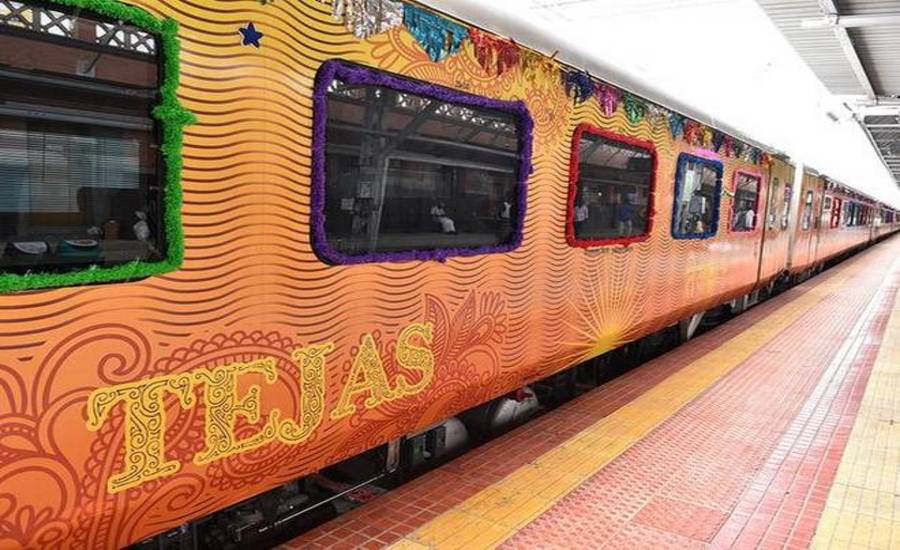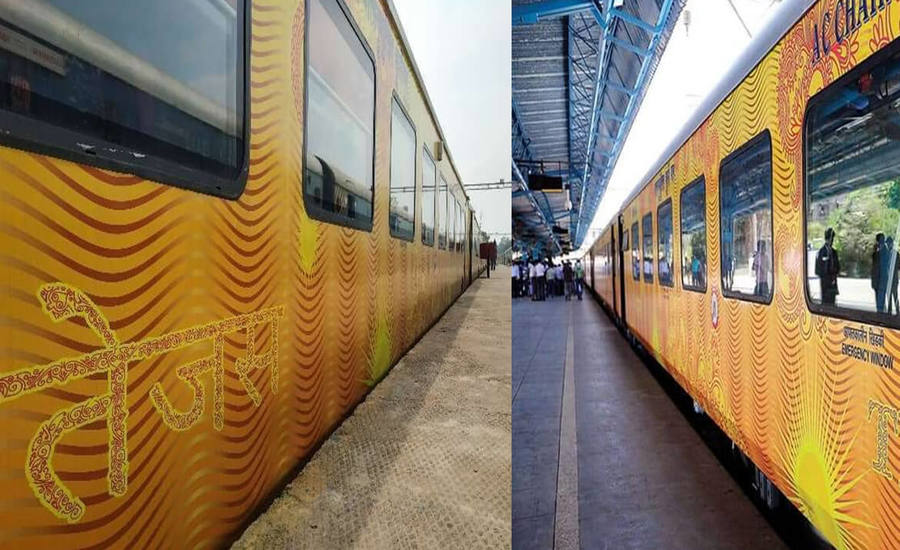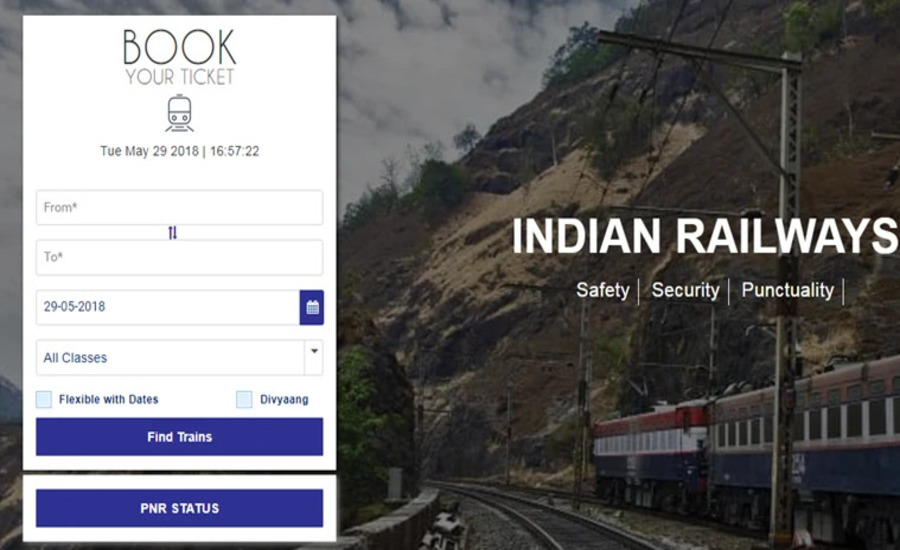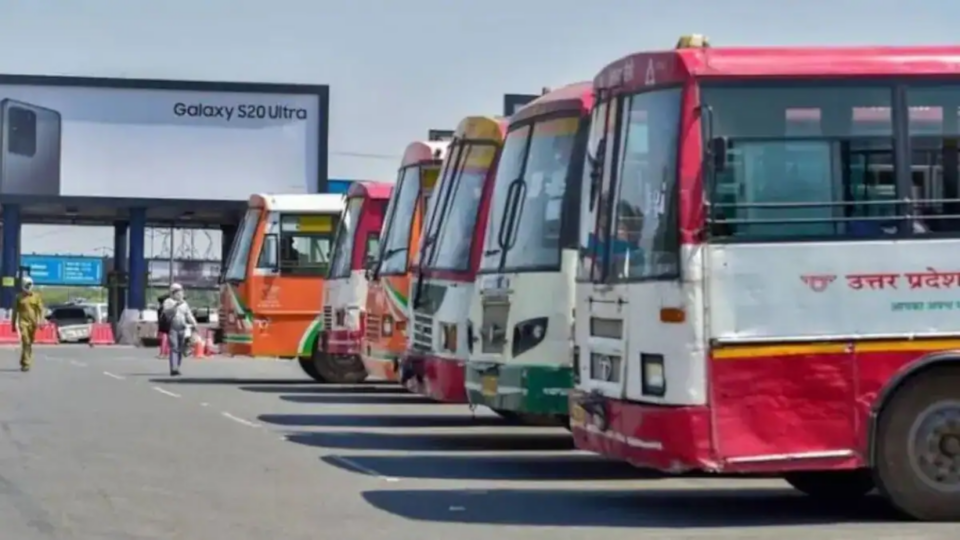
1st Private Train Of Indian Railways Goes On Violating The Tariff Law
India’s first private train the Delhi-Lucknow Tejas went on violating the railway tariff law right on its first run. The IRCTC who is charged the responsibility of running the train decided on the fare.

The train which was flagged off on October 4th violated the Railways Act 1989 as per which the Central government is the competent authority to decide on the tariff. Fares of Lucknow-Delhi Tejas were found to be higher than Shatabdi Express and other trains running on the same route.

IRCTC which is the commercial arm of Indian Railways is entrusted with the responsibility of operating two trains (other being Mumbai-Ahmedabad-Mumbai Tejas). The issue comes to light at a time when Indian Railways is planning to operate around 150 trains in private model.
Passengers Are Satisfied
Though the prices were high and the issue of fare violations surfaced the passengers who were on board seemed satisfied. Passenger found the amenities on offer and on-board services at par with the global standards.
Also Read: 15 Pictures That Will Inspire You To Wake Up In Bali
The charges of Tejas on it’s inaugural run was INR 2,450 for AC Executive Class and INR 1,565 for the AC Chair Car including GST and catering charges. On the other hand, Delhi-Lucknow Shatabdi Express charges a fare of INR 1855 for AC Executive Class and INR 1,165 for the AC Chair Car including GST, Super Fast, and reservation charges.
Dynamic Fares And Exemption For Children
Concessions would not be offered on the fares as the same are going to be dynamic in nature. However, children below 5 years of age would be exempted from fare and would be booked with their parents.

The dynamic fares of the train would be in consideration of the prevailing bus, taxi, rail, and airfares. Fares for lean and busy period would be different. As per the official information February, March and August months would be considered under the lean period.
To ensure that higher fare-paying passengers don’t displace the poorer passengers the Railway is planning to aks the private players to run trains with mixed composition that is AC and non-AC as well as unreserved classes on the given routes.



